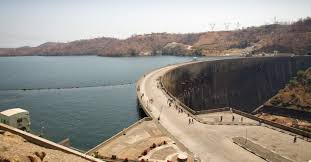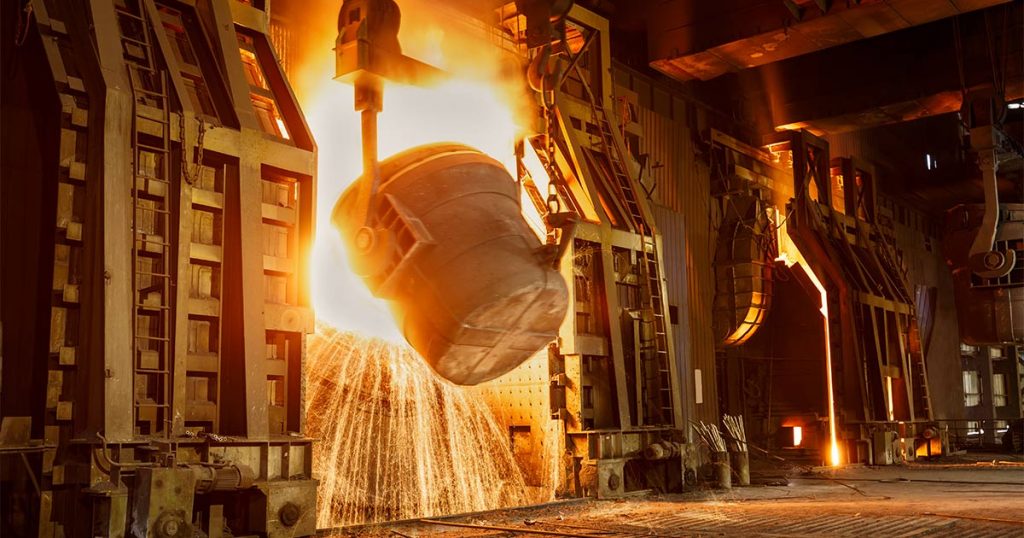Manhize Steel plant inspires metal foundries
The metal foundry sector is working on establishing a metal casting industrial park close to the Dinson Iron and Steel plant that is under construction in Manhize, Chirumanzu District in the Midlands province.
The initiative is expected to enhance the sector’s access to raw material once the plant starts producing.
The US$1 billion Manhize Iron and Steel Plant is being set up in Mvuma by China’s Dinson Iron and Steel Company, and is expected to be a game changer to the foundry industry.
Following the collapse of the Zimbabwe Iron and Steel Company (Zisco) in 2008, metal casting operators have faced problems in accessing scrap as key raw materials.
In an interview, Zimbabwe Institute of Foundries (ZIF) chief operations officer, Mr Dosman Mangisi, said the proposed metal casting park is expected to promote ease of doing business and will reduce the cost for operators.
“The metal industrial park was an initiative between ZIF and Dinson directors who proposed it and we agreed to the plan,” he said.
“This industrial park is meant to set up big foundries near the source of raw material, which will bring ease of doing business and cut costs with a higher margin in the manufacturing process where the park will be close to raw material including cast iron, pig iron and also the steel that is needed.”
By setting up the metal casting industrial park, Mr Mangisi said they were looking forward to attracting big investments, including car manufacturing and assembly companies that will produce high value finished goods.
“The park will be there to complement the giant steel company so that it becomes a one stop centre,” he said.
Mr Mangisi said the introduction of the metal industrial park will see a huge drop in importation of metal products, as their park will be producing all sorts of metal products to support the transport sector, mining and agriculture.
In 2021, imports of steel and iron products soared to nearly US$410 million from US$306 million a year earlier, according to figures from the Zimbabwe National Statistics Agency, driven mainly by public and private infrastructure programmes.
The Manhize operation is expected to cut the import bill by 90 percent, with over 10 000 people being employed directly and an additional 50 000 indirectly.
Steel
“Meanwhile, companies in the foundry industry have expressed concern after failing to meet set capacity utilisation targets, which they blame on shortage in inputs including energy and scrap metal.
The foundry industry had set a target to increase capacity utilisation from 40 to 80 percent by the end of this year.
Mr Mangisi said shortage of electricity has forced their members to resort to using diesel generators, which are expensive.
“No significant progress has been made in terms of production this year since scrap metal continues to be illegally exported,” said Mr Mangisi.
“Also, the issue of energy has crippled the industry so much that diesel is much more expensive than petrol and we use eight million litres per year as supplementary energy.
“Coke prices have also been going up as we don’t have domestic prices.
“Load shedding has come into play and there is high down time. Using expensive diesel leads to us pricing ourselves out of the market.”
Zimbabwe is experiencing prolonged power cuts following reduction in power output at Kariba Hydro-Power Station due to reduced water levels.
While the Government is making efforts to boost supplies through imports from regional suppliers and bringing on board small independent power projects, businesses have said the supply gap is adversely affecting their viability. —chronice.c.zw











